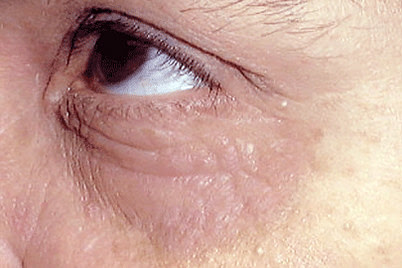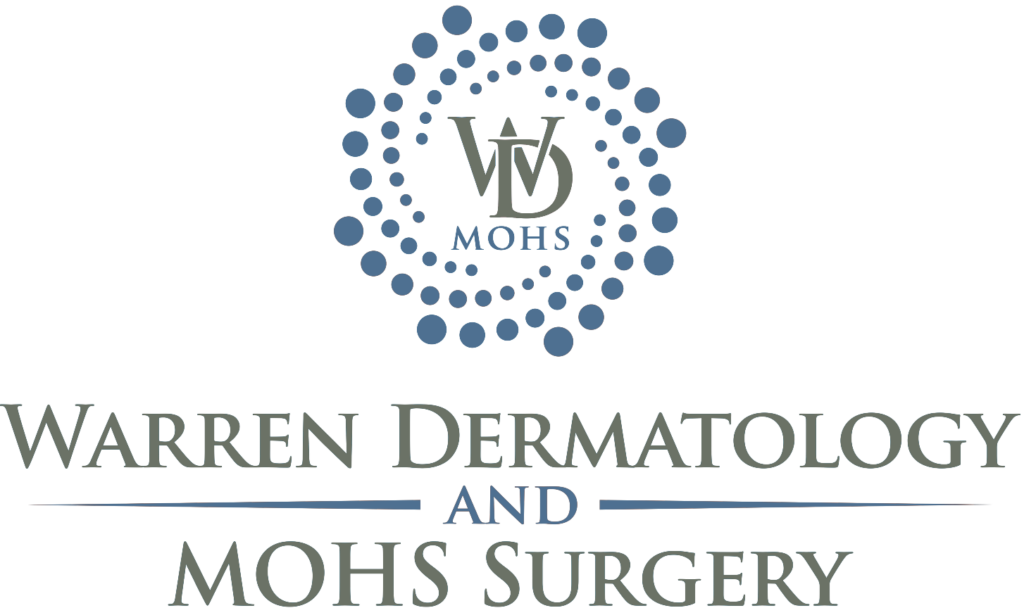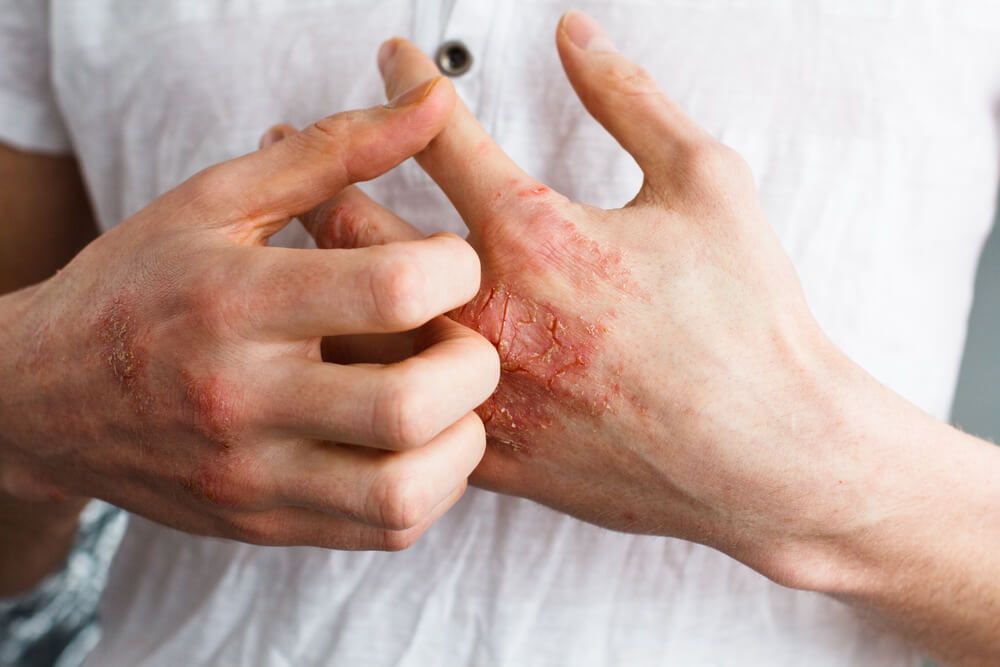Adults can get any type of eczema, including atopic dermatitis (AD), which many people consider a childhood disease.
When AD begins after your 18th birthday, dermatologists call it adult-onset atopic dermatitis. You’d receive this diagnosis if you never had AD before. A peak time for developing adult-onset AD is in your 50s.
AD and the eyes
In adults, atopic dermatitis (AD) often develops on skin around the eyes.

Some adults who have AD had it as a child. It’s possible for AD to go away in childhood and return years later. When the AD returns, it’s often much milder.
For some children, AD never goes away, so it’s a lifelong disease. This happened to Peter Moffat, the award-winning writer of the British TV series Criminal Justice. You can read about how AD affects his life by going to: Adults with eczema too often suffer in silence
Differences between AD in adults and children
Even if you had AD as a child, your skin can look and feel differently when you have AD as an adult. That’s actually one of the most striking differences between AD in adults and AD in children.
In adults, the skin tends to be extremely dry and scaly where the AD appears.
If you’ve had AD for years, patches of your skin may be thick, leathery, and darker (or lighter) than the surrounding skin. Years of scratching causes this. The thickened skin can itch all the time.
Adults also tend to get AD on different parts of their bodies than do children. When an adult has AD, it’s most likely to form in one or more of these areas:
- Backs of the knees
- Crooks of the elbows
- Back of the neck
- Face
Adults, unlike children, often have AD around their eyes. You’ll often see thickened, darker skin circling the eyes, as shown in the picture on this page. The skin around the eyes also tends to be very itchy.
Similarities between AD in adults and children
While AD tends to change how it looks and where it appears as we age, there are still many similarities between having AD as an adult and as a child.
The list of similarities often includes that AD can:
- Appear anywhere on the skin
- Be intensely itchy
- Cause sleep loss due to the itch
- Make you feel depressed, anxious, or both
- Lead to skin infections
- Increase your risk of developing asthma, hay fever, and other allergies
- Decrease your quality of life if left untreated
More adults and children developing AD
The numbers show that more children and adults are developing AD than ever before.
Dermatologists aren’t sure why this is happening. What they have discovered is that AD can worsen without treatment.
An accurate diagnosis is essential
While AD causes some obvious signs and symptoms, other types of eczema can cause intensely itchy patches of skin. These include:
Each of these skin conditions requires different treatments, so it’s important to know which one you have.
Treatment can bring relief
By seeing a board-certified dermatologist on our team at Warren Dermatology & Mohs Surgery, you’ll get the expertise you need for an accurate diagnosis. A dermatologist can also create a treatment plan tailored to your individual needs. And that can bring welcomed relief.
If you or a loved one is struggling with eczema, our team of experts led by Dr. Morgan Hott, Dr. Hamrock, Victoria Dennis, FNP-C, Wendy Demetrios, FNP-C and Brianna Marin, MPAS, PA-C are here to guide you through every step of your journey. With our compassionate care and unparalleled expertise, you can trust that your skin health is in the best hands. Don’t settle for anything less than the best care, contact us at (330) 856-6365 today. Let us help you overcome any obstacles and achieve the healthy, radiant skin you deserve.



